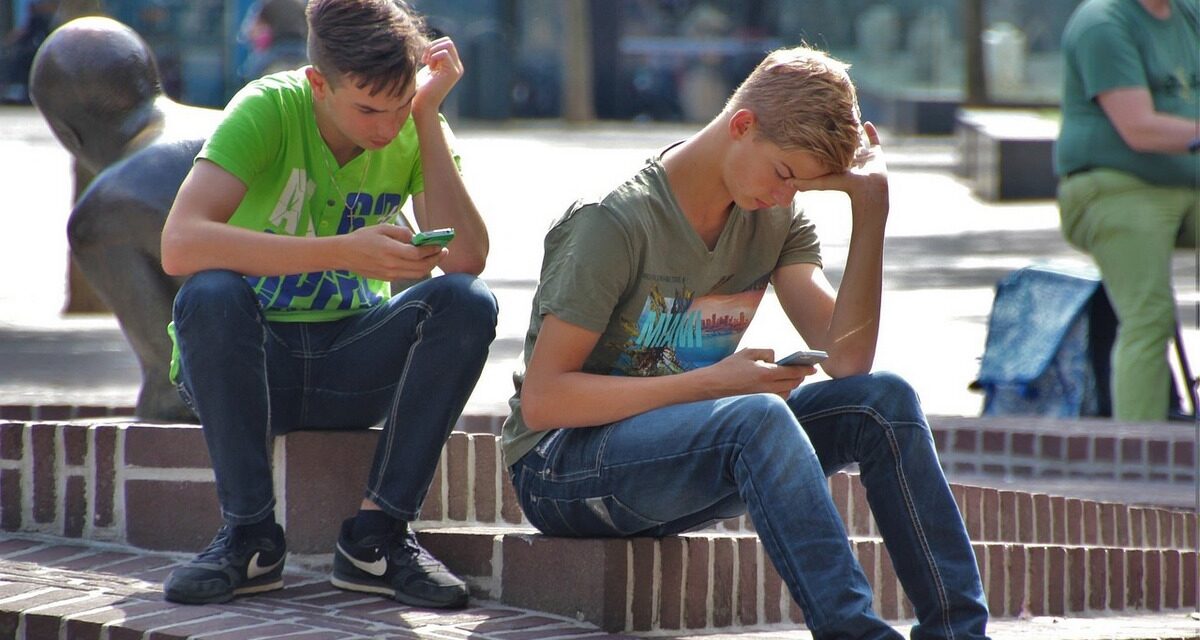A communication researcher commented on the restriction of mobile phone use at school.
Today, there is hardly anyone who does not live their daily life in a parallel world, including as a citizen of the telecommunications dimension, whether as an adult or a child. We all have smart devices in our pockets, bags, and hands - said Petra Aczél, communications researcher and university professor, in connection with the new government decree that limits the entry and use of smartphones and other telecommunications devices in schools.
Petra Aczél explained: we know that these tools have many advantages in terms of speed, abundance and access to information, or efficiency. At the same time, of course, they also pose many challenges in both our individual and community lives.
"In any case, in 2024, the artificial environment created by them will already be considered 'natural'. Somehow we believe that it is no longer possible to live without them - said the expert, who believes that this is why the new government decree can have a surprising effect.
We might have believed that if something has been so widespread for so long, then it is not possible, and it is not worth it, to live with a kind of stricture regarding its use. But this is not true.
It is never too late to act against something and for something, the communication researcher underlined.
According to the teacher of the Moholy-Nagy University of Arts, it is worth evaluating the new rule and its expected results from three points of view. One is the device itself, the other is its effect, and the third is whether something else beyond the restriction is needed for the regulation to lead to the hoped-for positive outcome.
From the first point of view, we can ask: does it matter if a student has a device with them - whether turned off or muted - while the lesson is in progress?
So is the mere presence of the object a problem? Well, according to research, yes.
Even the completely switched off smart device distracts us, because its presence reminds us of the parallel world in which, at least we assume, something is happening.
"The feeling of 'missing something' divides attention. Not to mention that phones with screens that flash on and off even silently can lead to up to 40 percent loss of focus at school. It is not even necessary to meet the content of the stimulus itself, the device is a challenge in itself," emphasized Petra Aczél.
According to the expert, this leads us to the second point. Communication on smartphones represents a parallel world competing with the events of reality. More than 20 years ago, research results were published for the first time, according to which we are not good at so-called multitasking - that is, being able to handle information from several sources at the same time - whether we are older or younger, Petra Aczél pointed out.
According to his words, multitasking is more of a myth of our time, which we use to cover up the fact that we focus, select and remember less and less.
That is why the stricter use of devices at school can provide an opportunity to ensure that students' attention is not exposed to competing parallelism, the university teacher underlined.
Finally, what does it take for regulation to produce beneficial results? School activities and lessons without smartphones should be exciting, diverse and motivating. "If the student doesn't have a mobile phone, but at the same time the teacher presents a boring series of slides, from which he reads the text before sharing it with the students, then the sense of absence will understandably be stronger than the benefit," said Petra Aczél.
As he said, the significance of the measure can be truly demonstrated when school teaching is able to maximize the regained student presence and student attention, use it as a value and turn it into an experience.













